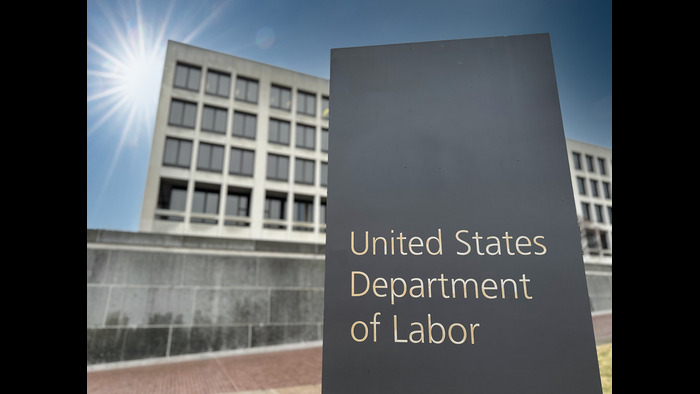Retailers Implore FTC to Withdraw Non-Compete Ban Proposal
- By [ Evan Armstrong , Kathleen McGuigan ]
- Washington, DC
- 04/18/2023
“RILA members agree with the FTC that overbroad and anticompetitive non-compete clauses in employment agreements are not appropriate,” said Evan Armstrong, RILA vice president, workforce. “But the FTC’s proposed rule goes too far. RILA members do not use non-compete clauses for front-line hourly workers. Retailers typically use non-compete clauses only for executives, senior business leaders, or highly skilled employees who have access to confidential business information and trade secrets. Banning all non-competes dismisses the benefits impacted employees and employers receive through these agreements.”
Non-compete clauses allow retailers to recruit high-quality talent helping them improve the value of the retailers’ products and services, while protecting confidential business information and trade secrets. In exchange for agreeing to a non-compete, employees receive additional benefits such as specialized skills, training, or compensation (e.g., bonuses, equity, long term incentives, etc.).
“Employees gain new career-enhancing skills that provide future financial opportunities, and in exchange retailers should be able to receive the benefit of their investment in the employee for a reasonable time period,” said Armstrong.
Banning nearly all non-compete clauses prevents the traditional case-by-case evaluation of these agreements and eliminates their benefits to employees and employers. And by proposing the ban apply retroactively to existing contracts, the FTC would severely disrupt business operations and prevent employers from receiving the benefits they secured under their negotiated agreement.
RILA’s comments also point out several constitutional concerns with the proposed rule.
“The proposed rule is beyond the FTC’s legal authority. Congress has never delegated such immense power to the FTC to regulate the national economy through rulemaking,” said Kathleen McGuigan, RILA executive vice president & deputy general counsel. “The FTC can evaluate anticompetitive conduct on a case-by-case basis, but this proposed rule clearly goes beyond the FTC’s current authority.”
Further, the proposed rule is arbitrary and capricious, and is in violation of the Administrative Procedure Act. The FTC failed to consider reliance interests, including those of retailers that have structured their businesses relying on the availability of non-compete clauses that the States have deemed legal. The FTC also failed to consider the employees who have benefited financially and professionally from these clauses.
“The FTC should withdraw the proposed rule and look to Congress for substantive action in this area of public policy. RILA will continue to engage with both the administration and Congress to ensure non-competes are applied narrowly and fairly in the retail industry,” said McGuigan.
###
RILA is the US trade association for leading retailers. We convene decision-makers, advocate for the industry, and promote operational excellence and innovation. Our aim is to elevate a dynamic industry by transforming the environment in which retailers operate.
RILA members include more than 200 retailers, product manufacturers, and service suppliers, which together account for more than $2.7 trillion in annual sales, millions of American jobs, and hundreds of thousands of stores, manufacturing facilities, and distribution centers domestically and abroad.
RILA members include more than 200 retailers, product manufacturers, and service suppliers, which together account for more than $2.7 trillion in annual sales, millions of American jobs, and hundreds of thousands of stores, manufacturing facilities, and distribution centers domestically and abroad.
Tags
-
Workforce
-
Legal Affairs & Compliance
-
Investing in People



